
Reducing overall body fat associated with lower levels of breast cancer markers.

Reducing overall body fat associated with lower levels of breast cancer markers.
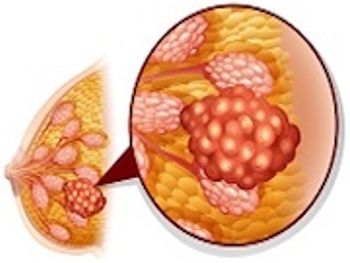
Tumor biology may differ when cancer recurs.

Top news of the day from across the health care landscape.

Top news of the day from across the healthcare landscape.
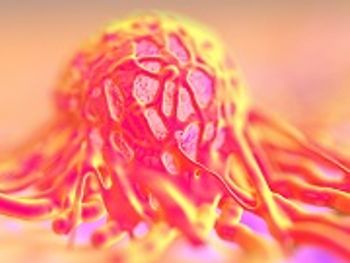
Nanoparticle vaccines can travel directly to the lymph nodes to activate tumor-specific immune responses.

Imatinib found to reduce measures of airway inflammation in severe asthma.
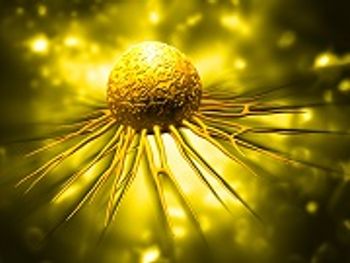
Top articles of the week from The American Journal of Pharmacy Benefits.
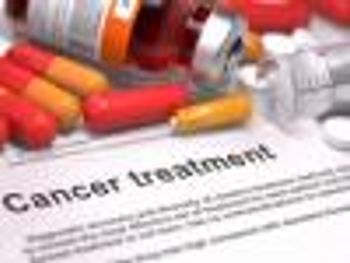
Top news of the week in oncology and cancer drug development.

Top news of the day from across the health care landscape.

Breast cancer incidence has climbed among Asian Americans, while diagnosis rates among other groups have trended downward.

Substantial increase in breast cancer incidences among Koreans, South Asians, and Southeast Asians.

Oral cancer treatments provide new opportunities for improved overall survival rates, but patients are increasingly responsible for higher out-of-pocket costs as they self-manage their therapy.

Legendary NBA star Kareem-Abdul Jabbar faced his toughest battle after being diagnosed with Philadelphia chromosome-positive chronic myeloid leukemia.

Specialty pharmacists are uniquely positioned to help with the treatment of breast cancer.

With the rise of oral oncolytics, the ability to educate patients while providing resources to monitor compliance and adverse-effect management becomes even more critical.Â

The final days of the Obama administration witnessed the federal government launch several initiatives seeking to advance the battle against cancer.Â

Emerging oncology therapies, often made available to patients through specialty pharmacies, continue to be a key driver and focus of the business.
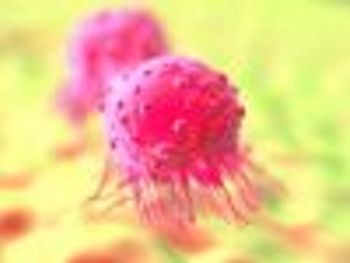
Kisqali Femara Co-Pack only requires 1 co-payment.
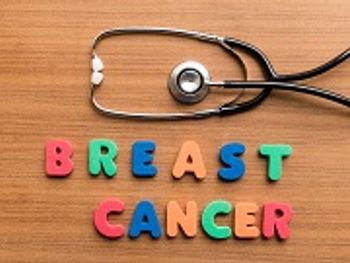
Kisqali Femara Co-Pack (ribociclib tablets; letrozole tablets) treats hormone receptor-positive, human epidermal growth factor receptor-2 negative breast cancer in post-menopausal patients.

The Kisqali Femara Co-Pack is the only approved combination pack that includes 2 prescription drugs used to treat breast cancer.

Regular low-dose aspirin use associated with a lower risk of breast cancer.
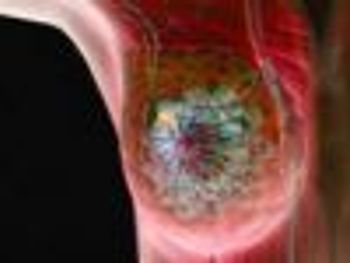
Suppressing MAFK pathway in tumor cells may slow spread of aggressive breast cancer.

Low-dose aspirin may help women reduce their risk of developing breast cancer, a new study published in Breast Cancer Research has suggested.

A patient discusses the struggle of receiving treatment for triple negative breast cancer in a rural community.

Major life events regarding close personal relationships may play a role in mortality.